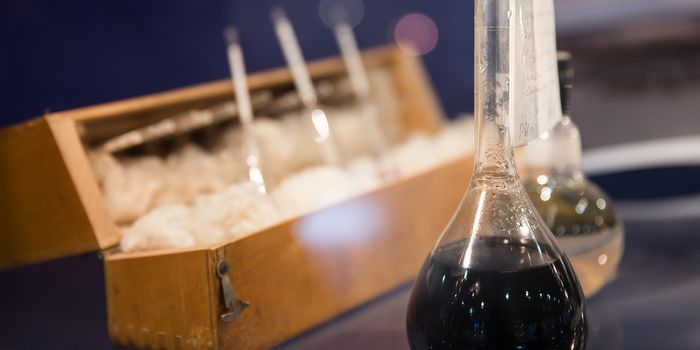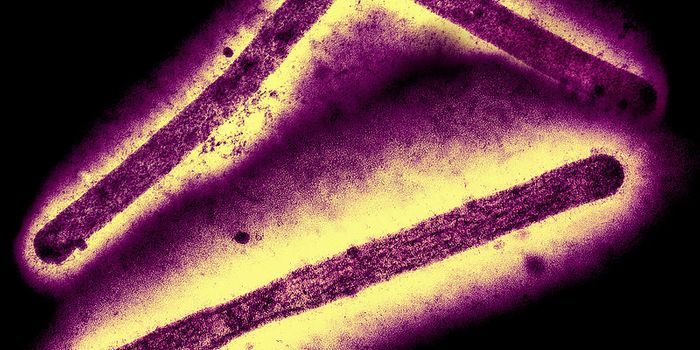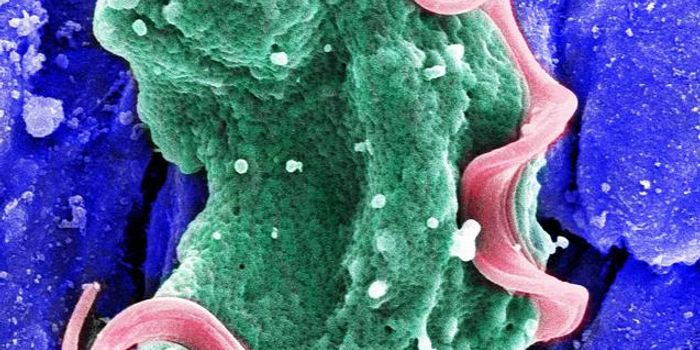Thymus Transplantation?! It Could be Possible!
The thymus is an essential organ of the lymphatic system; it is responsible for developing mature T cells. T cells are part of the specific-type immunity called adaptive immunity, where they respond to foreign molecules as viruses, bacteria, and cancer cells.
The thymus size is larger during childhood until puberty, then it shrinks and is replaced by fat with little or no function but it produces all the T cells we need during that time. If it was removed or didn't function properly during adulthood it won't make much difference, but the problem is if that happens before puberty which will lead to immunodeficiency and autoimmunity.
Credit: Sciencemag via Royal society London
One solution would be to transplant the thymus in affected individuals, but this has never been done before. A recent study by researchers at the Francis Crick Institute and University College London have managed to build a functioning thymus from human stem cells.
They have collected thymic cells from human donors whose thymi were removed during surgery and grew it in the lab. The next step would be to find a scaffold to build a functioning thymus. They managed to use rat thymi after removing their cells as a structural scaffold.
They injected the scaffold with the human stem cells and allowed them to grew onto it; after five days the thymi has developed to a stage similar to that seen in nine weeks old fetuses.
The researchers implanted the thymi into mice to test whether they will develop mature T cells. They found out that in 75% of cases, the thymi successfully developed human T lymphocytes.
Roberta Ragazzini, one of the authors of the paper, said: "The fact that we can extensively expand thymic stem cells taken from human donors into large colonies is really exciting. It makes it possible to scale up the process with a view to building 'human size' thymi."
This work is promising and holds hope for future thymi transplantation for people without working thymus, and other applications as mentioned by the researchers' team.
One of the applications could help to overcome immune response against newly transplanted organs in individuals who went through transplantation surgeries. Since the immune system can recognize self from non-self, it usually attacks newly transplanted organs, which can be managed by administering immunosuppressors.
"It is possible that we could overcome this by also transplanting a thymus regrown from cells taken from the thymus of the organ donor. We are confident that this may prevent the body from attacking the transplant. The research behind this is still in early days, but it is an exciting concept which could remove the need for patients to take immune suppressors for the rest of their life. Said Paola Bonfanti, senior author and group leader.
Sources: ScienceDaily via The Francis Crick Institute, Nature Communications, Endocrine Web









